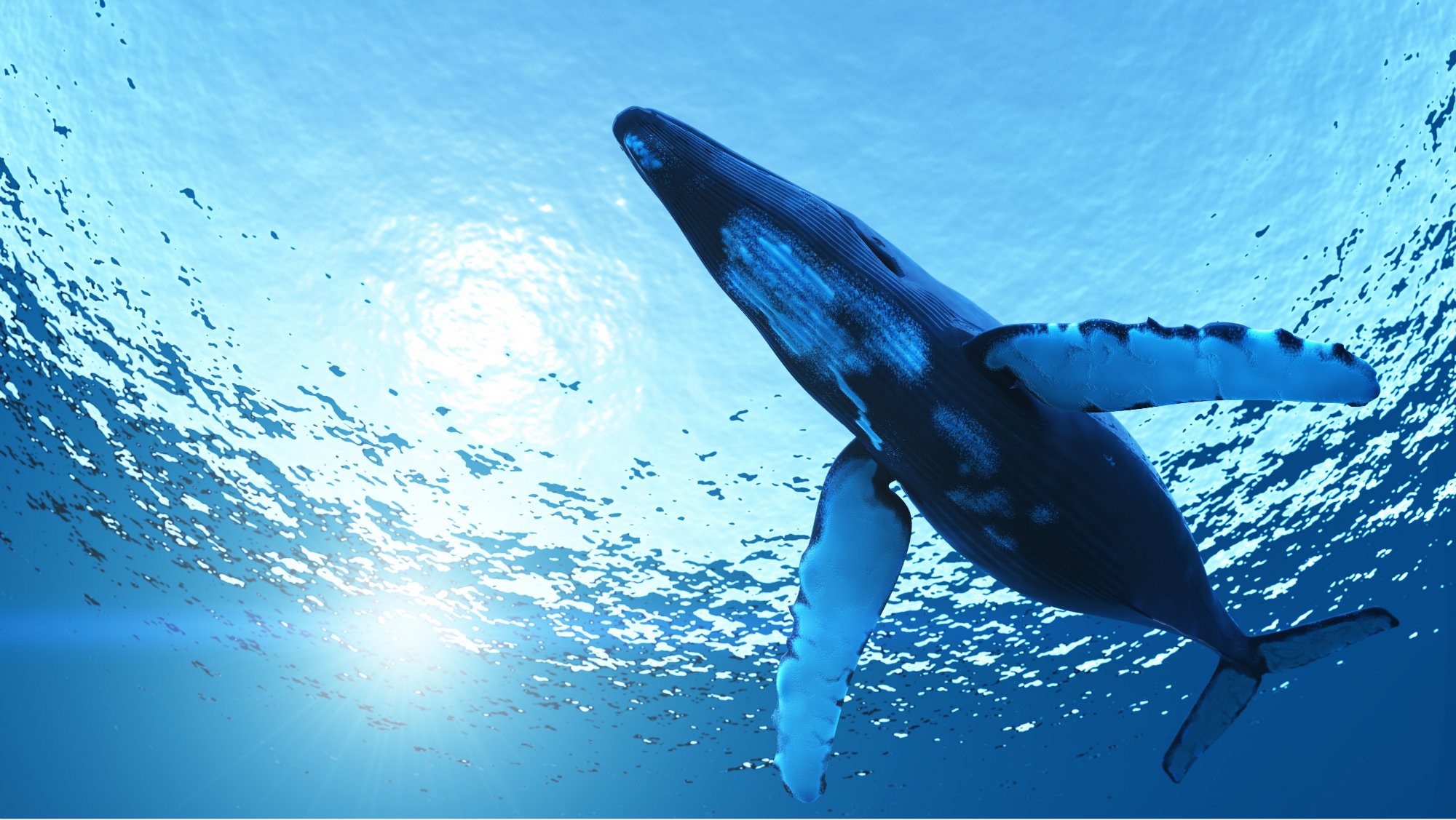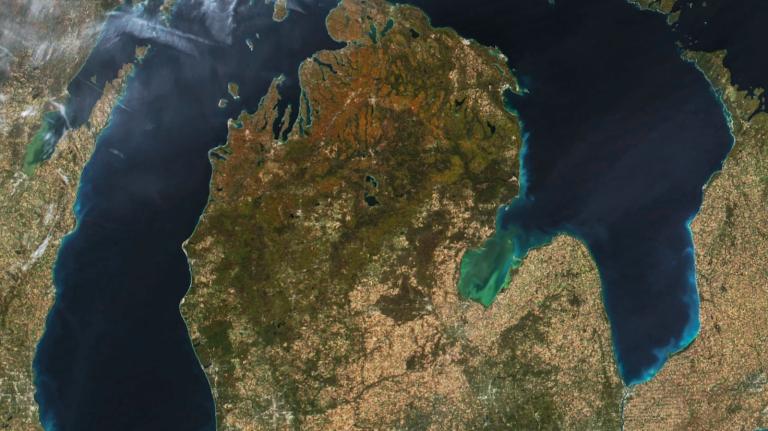HEEEEeellLLOOoo thEEEERe. Translation: Hello there!
Oh, that? I was just speaking whale. I know, pretty cool, right? I learned it all from a certain blue tang with an aptitude for cetacean dialects.
The best whale-ese study guide, however, is probably the wealth of marine mammal sounds collected by anthropologist William A. Watkins. The recordings archive is now publicly available to us land-dwellers, courtesy of the New Bedford Whaling Museum in Massachusetts.
So say hello to your new whale buddies!
Watkins invented the first underwater recorders for marine mammal research. By the time he died in 2004, he had amassed one of the world’s largest collections of whale, dolphin, and seal sounds, an invaluable contribution to marine science. WCAI radio explains:
The collection, spanning fifty years, has also enabled researchers to document changes in vocalization (essentially, speech) patterns in right whales due to increasing ocean noise. Right whales faced with noise from ship traffic or other human activities appear to call more loudly — shout over the din, if you will — until finally, they give up and go silent. Over time, they’ve also learned to sing in a different key, shifting to higher pitches that overlap less with low-frequency ship noise.
Well, we all have a half-century’s worth of whale sounds to catch up on. So let me test out what I’ve learned so far:
I do believe that this pilot whale is calling her ladies with a casual, chipper “HEY GUUUUURL.”
Correct me if I’m wrong, but I’m pretty sure this bowhead whale is asking its friends … how they feel about Chipotle for lunch?
This humpback’s response: “Dorothy, we had Chipotle yesterday. Pizza?”
Wait. That can’t be right …




